What Size Generator Do You Need to Run an RV Air Conditioner?
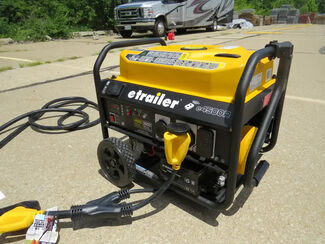
How Many Watts Does an RV AC Use?

Calculating Generator Requirements to Run Your AC
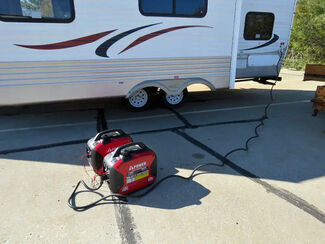
Which Generator Will Run My RV Air Conditioner?
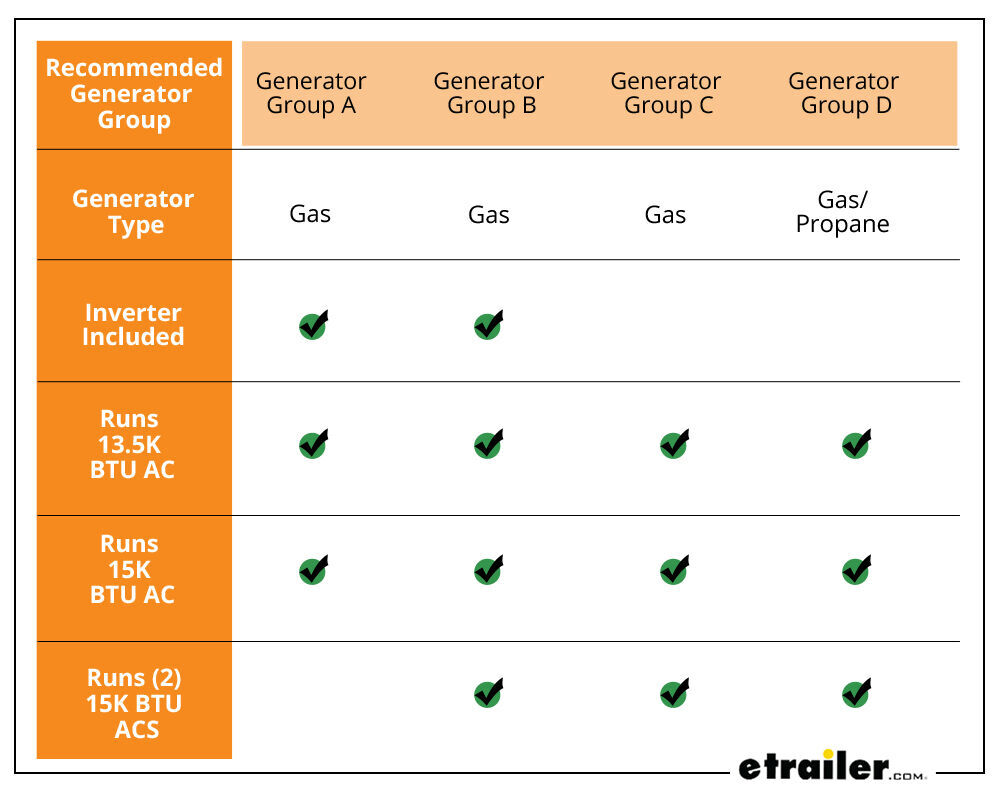

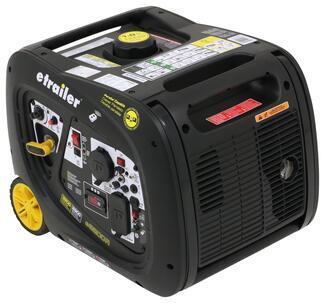














Departments
Towing
- Trailer Hitch
- Fifth Wheel
- Gooseneck
- Towing a Vehicle
- Front Hitch
- RV Hitch
- ATV Hitch
- HD Truck Hitch
- Vehicle Wiring
- Brake Controller
- Ball Mounts
- Weight Distribution
Sports and Recreation
Trailer Parts
- Utility Trailer
- Boat Trailer
- Landscape Trailer
- Enclosed Trailer
- 5th/Camper Trailer
- Car Hauler
- Horse Trailer
Vehicle
Contact & Help

What our customers are saying:
"i ordered on a tuesday and recieved my order on wednesday. very fast service and much cheaper than local auto parts stores"
Eric
Murray, KY






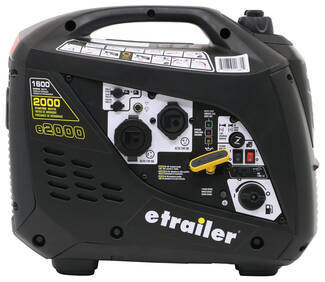
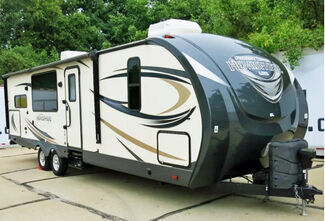
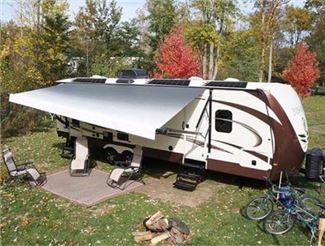
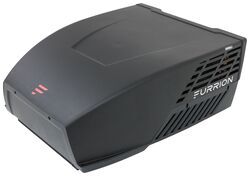
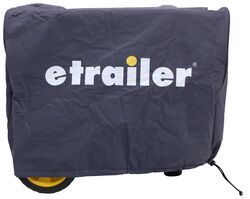














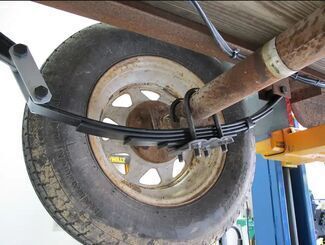
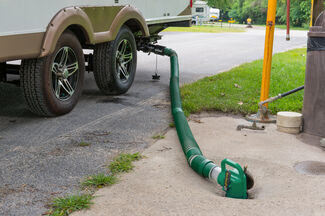
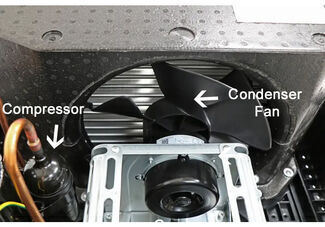
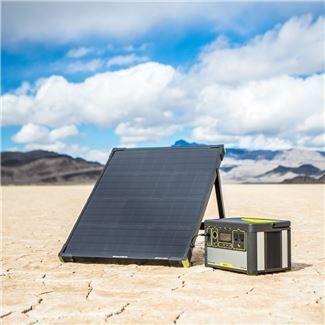
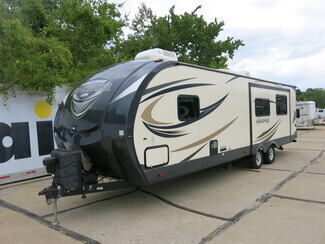
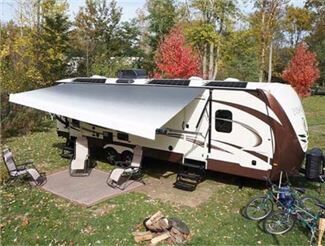

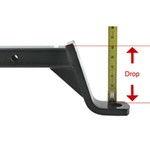
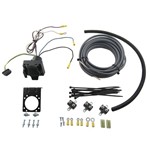
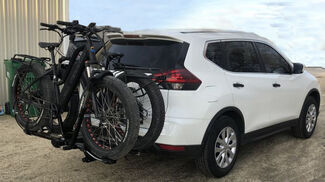


Will
10/4/2020
Is there any way to run a parallel system using solar for 50 amp, around 6k watts total? I'm looking for a portable solar inverter generator(s) plus panels that I can parallel a 50 amp connection for our RV... The RV has two A/C units (a 15k BTU, and a 13.5k BTU). Thanks!